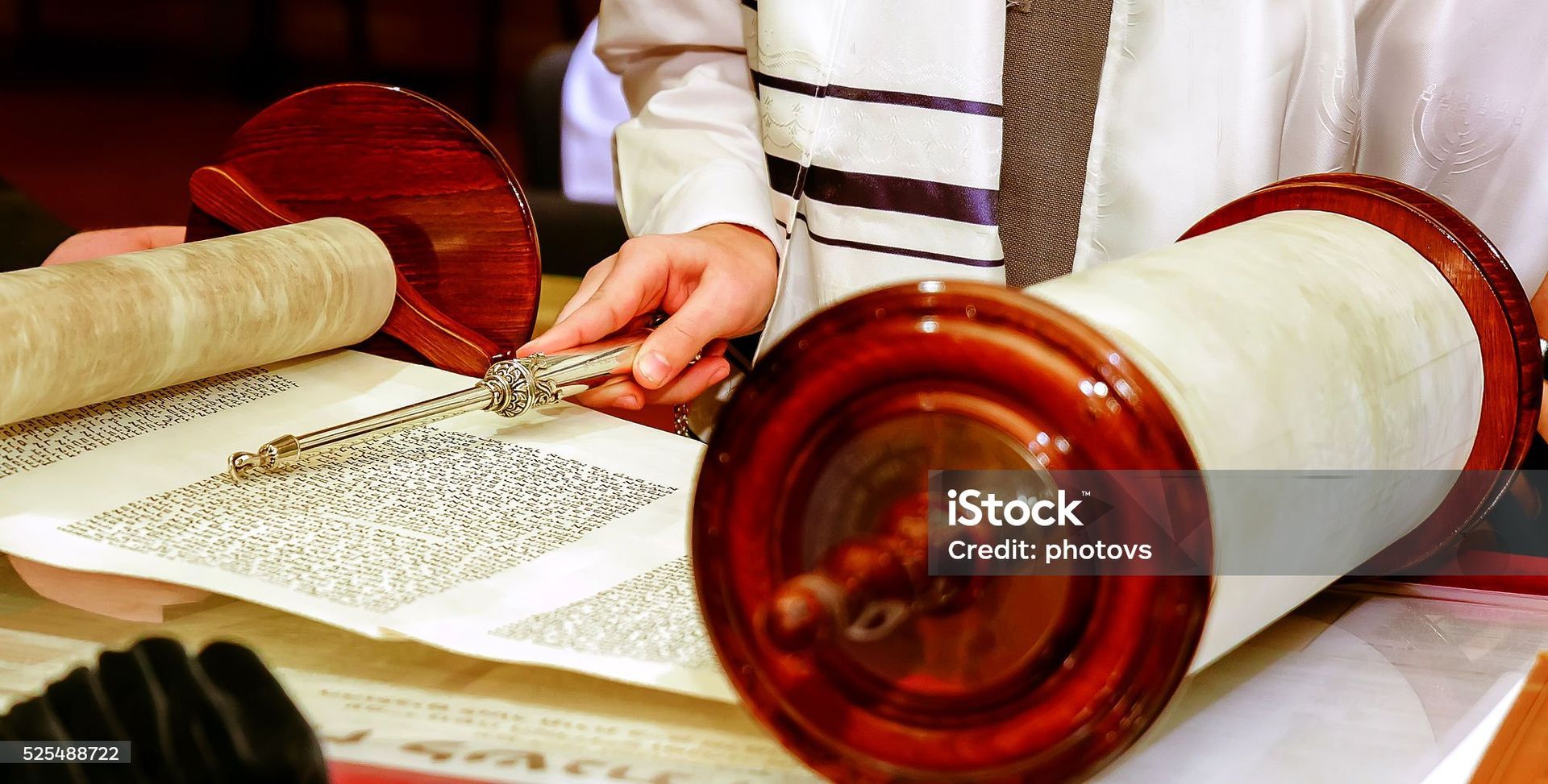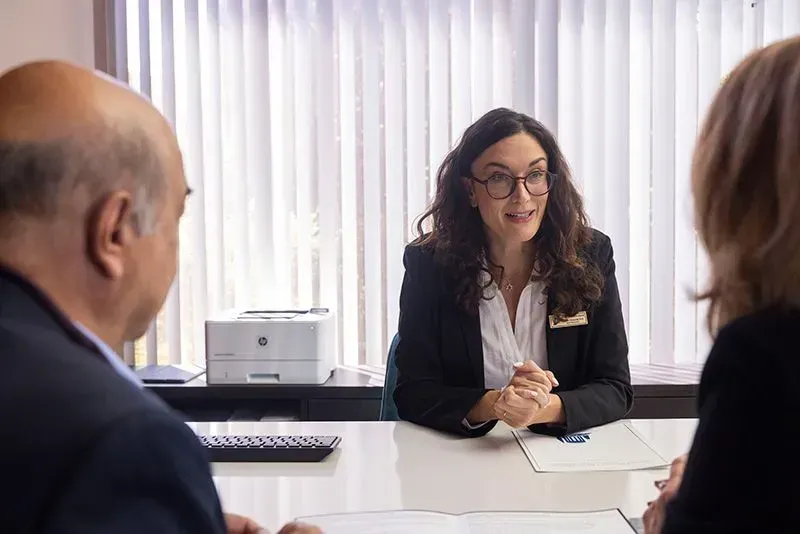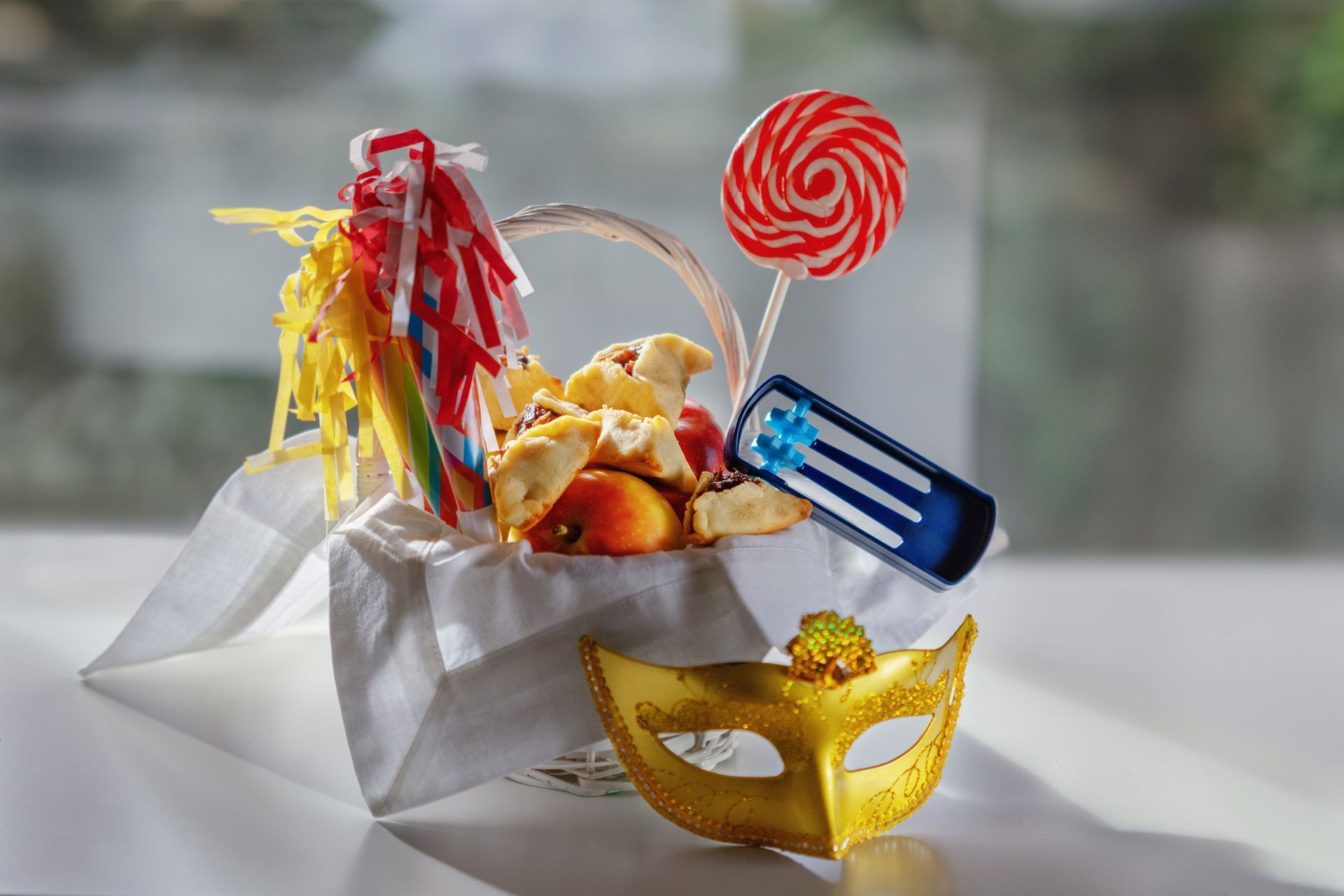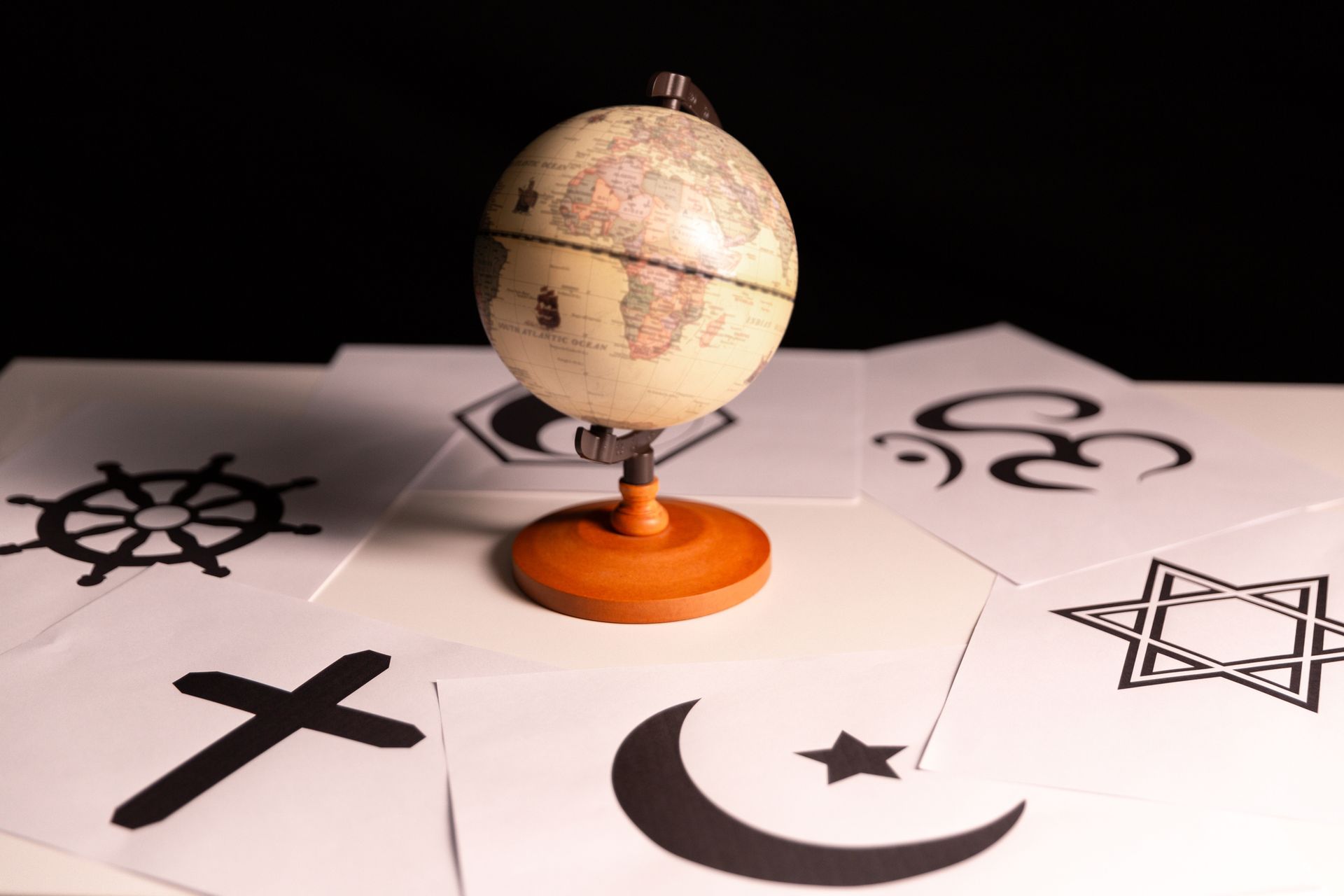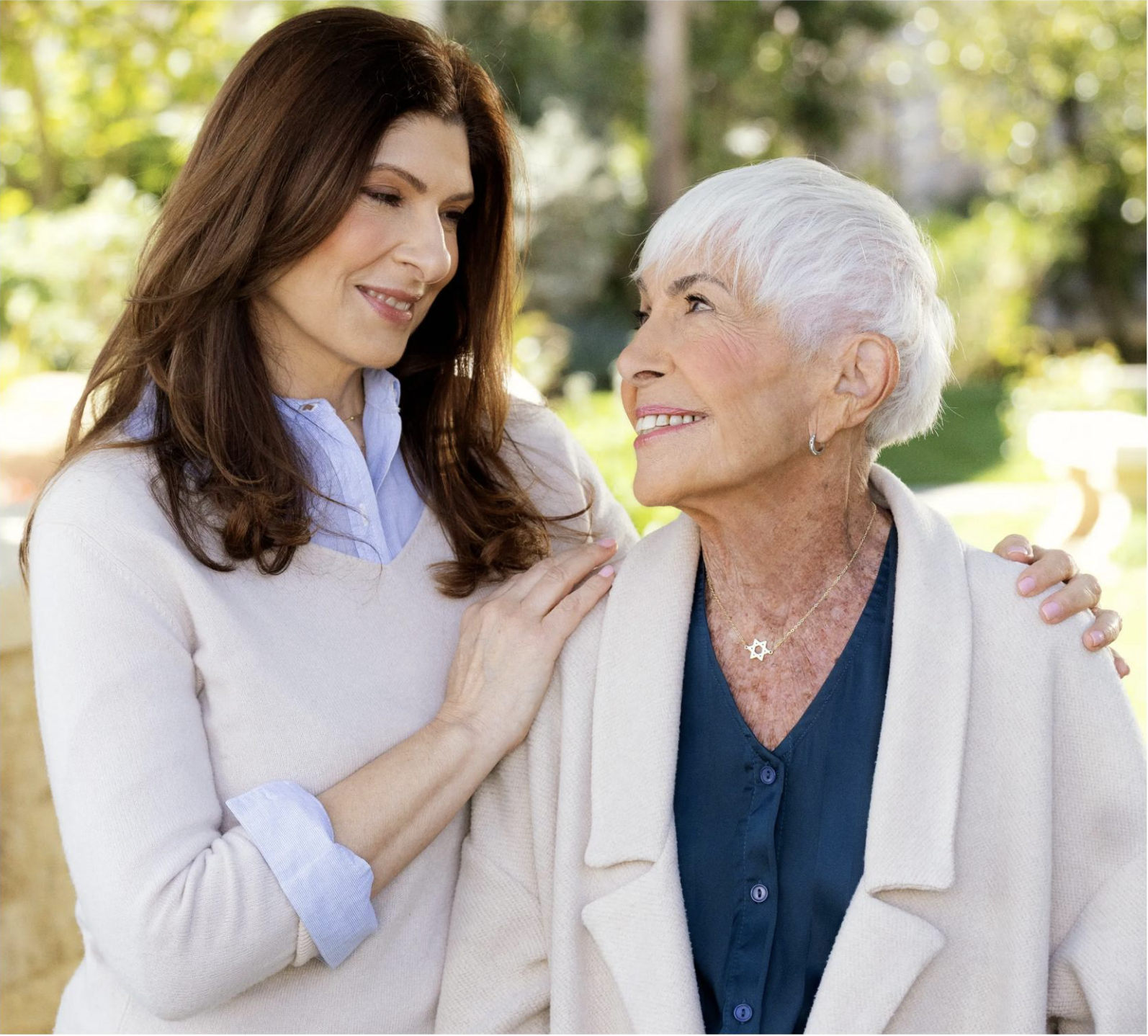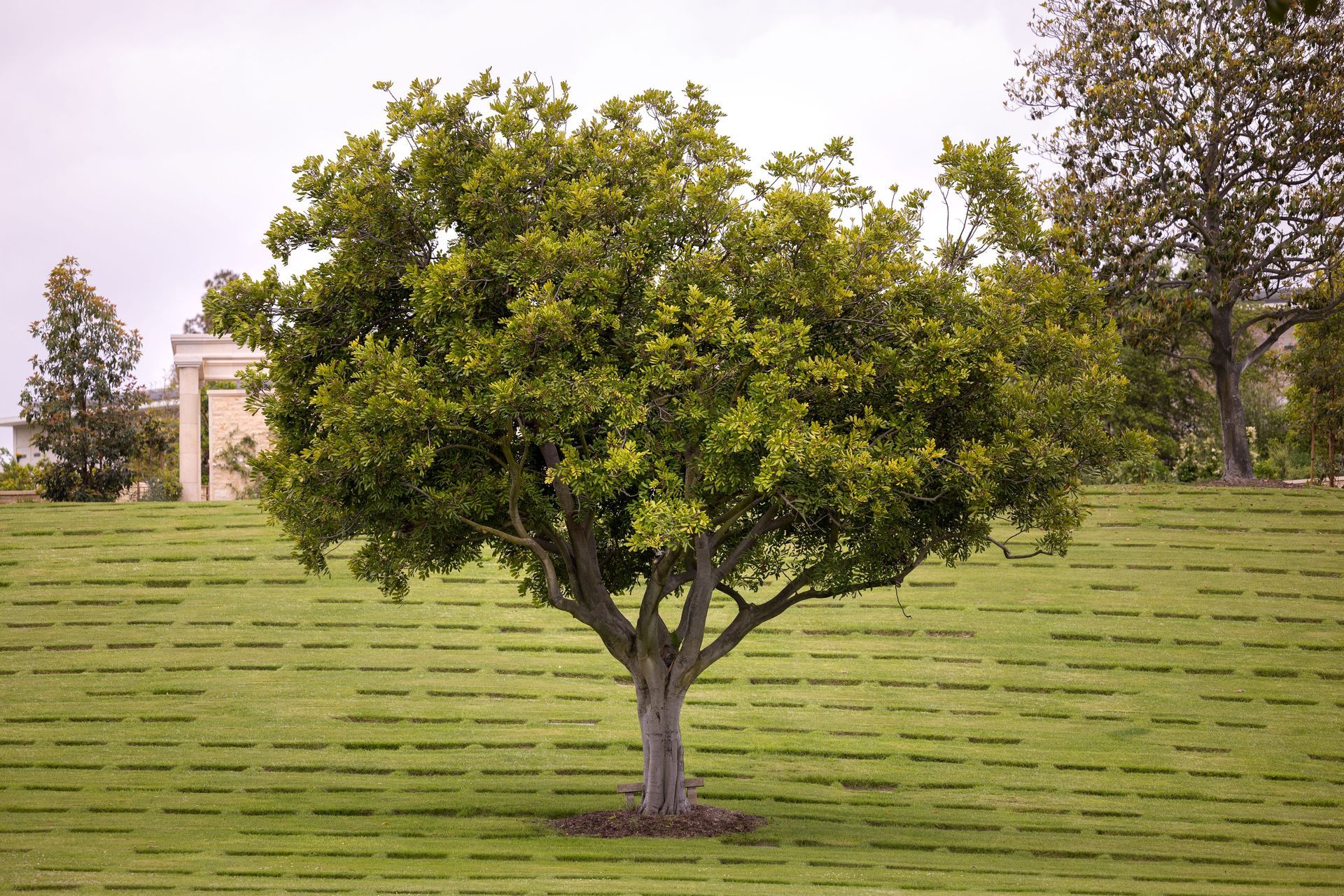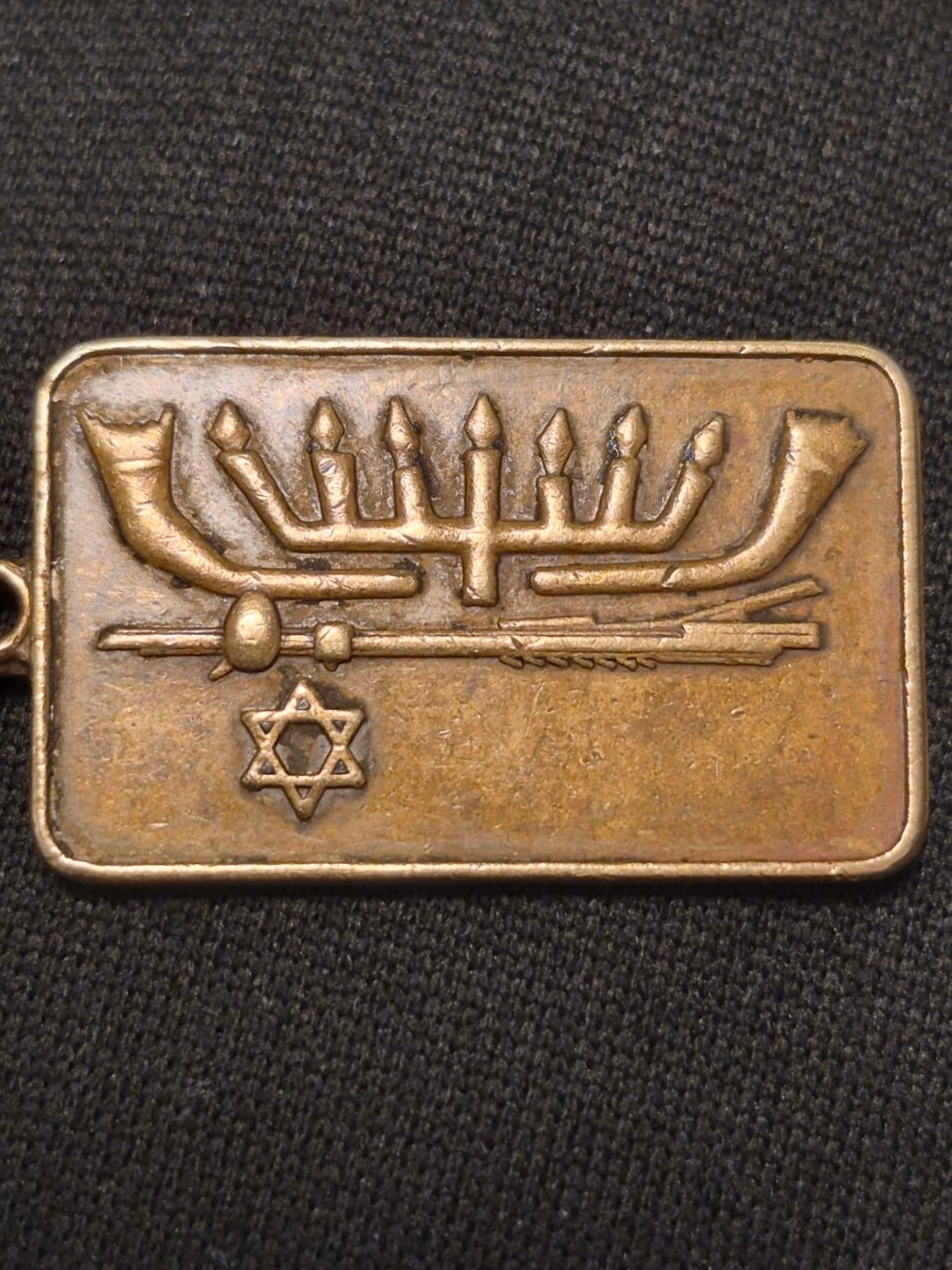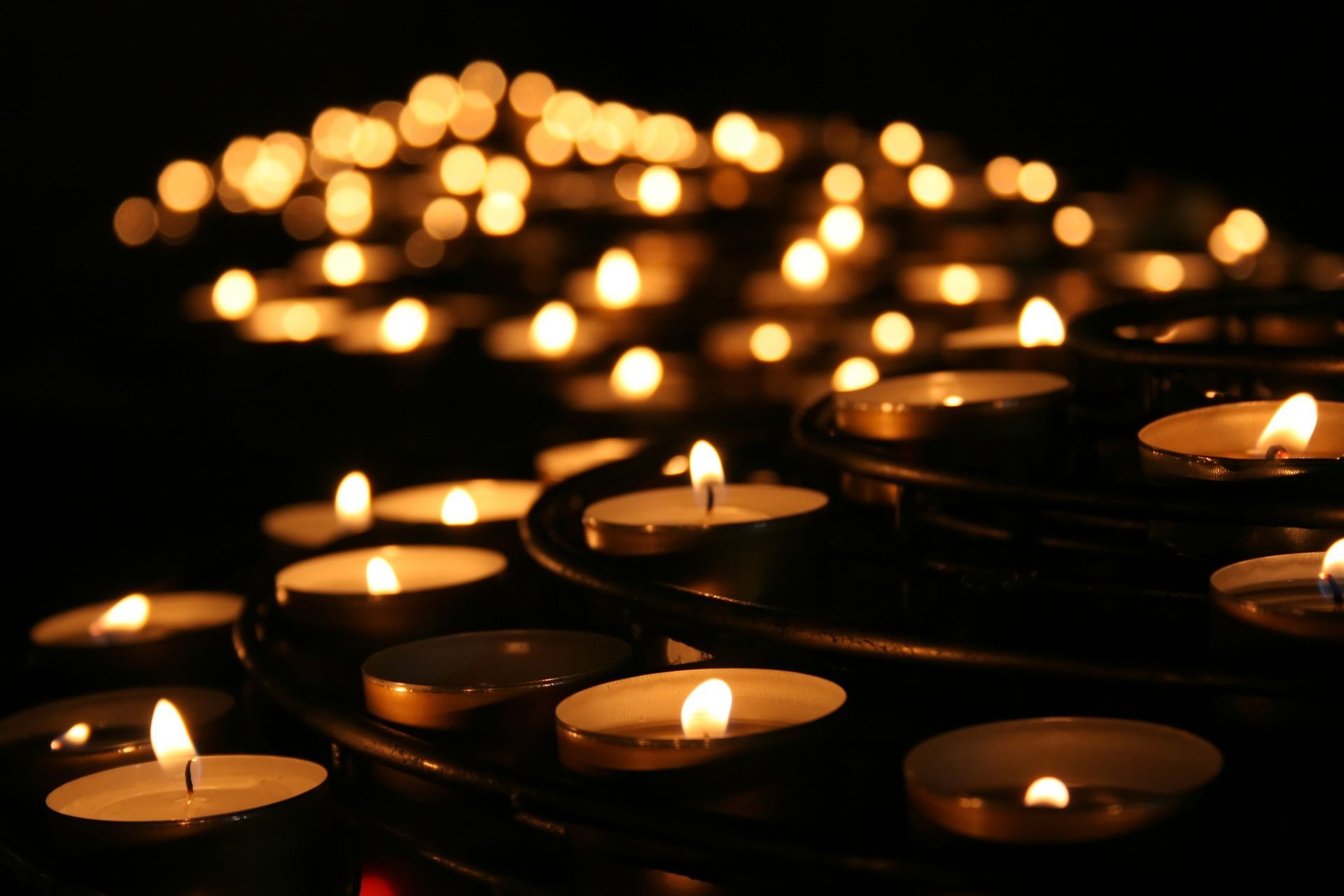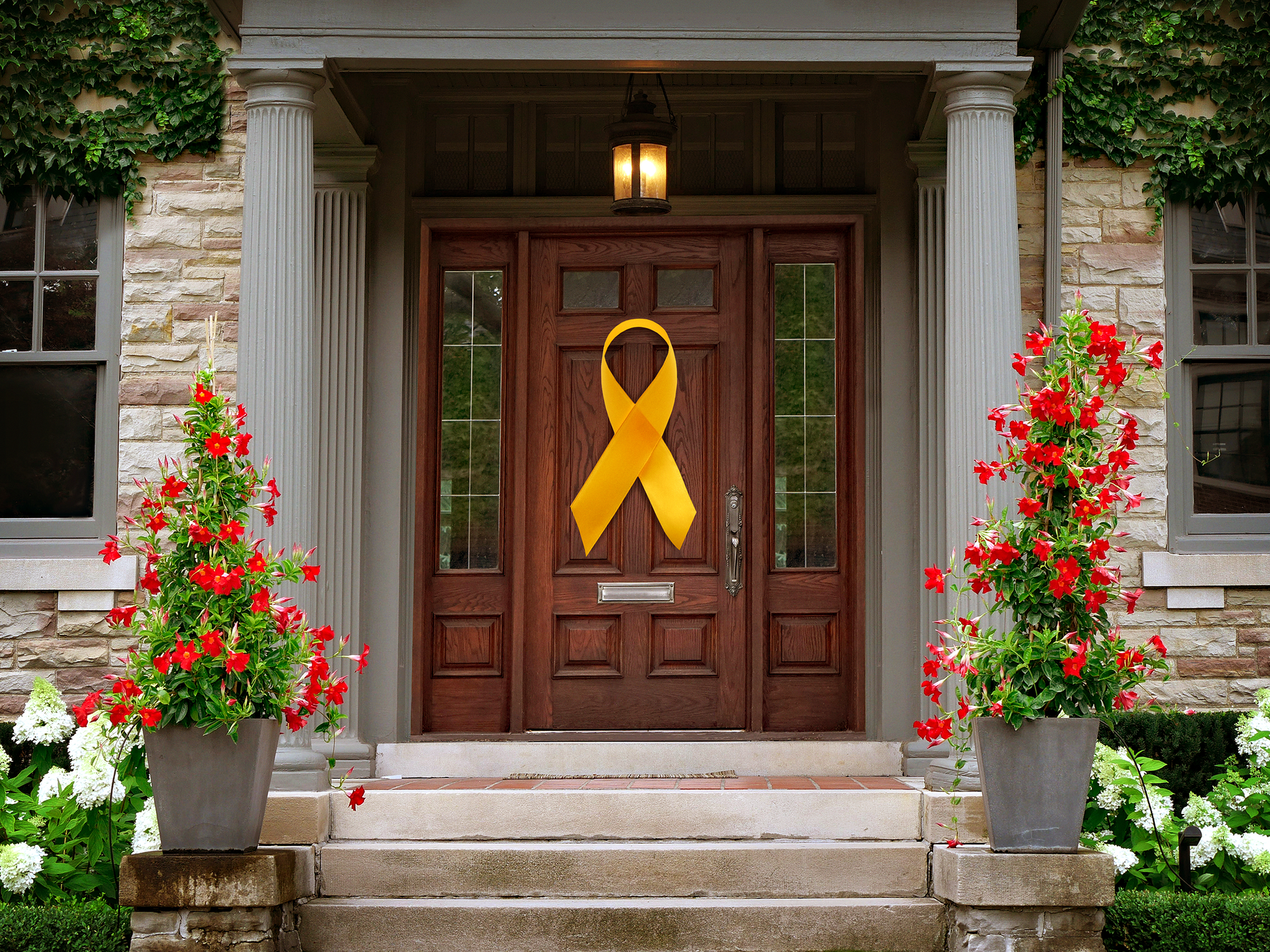Inclusive Practices for the Next Generation of Judaism
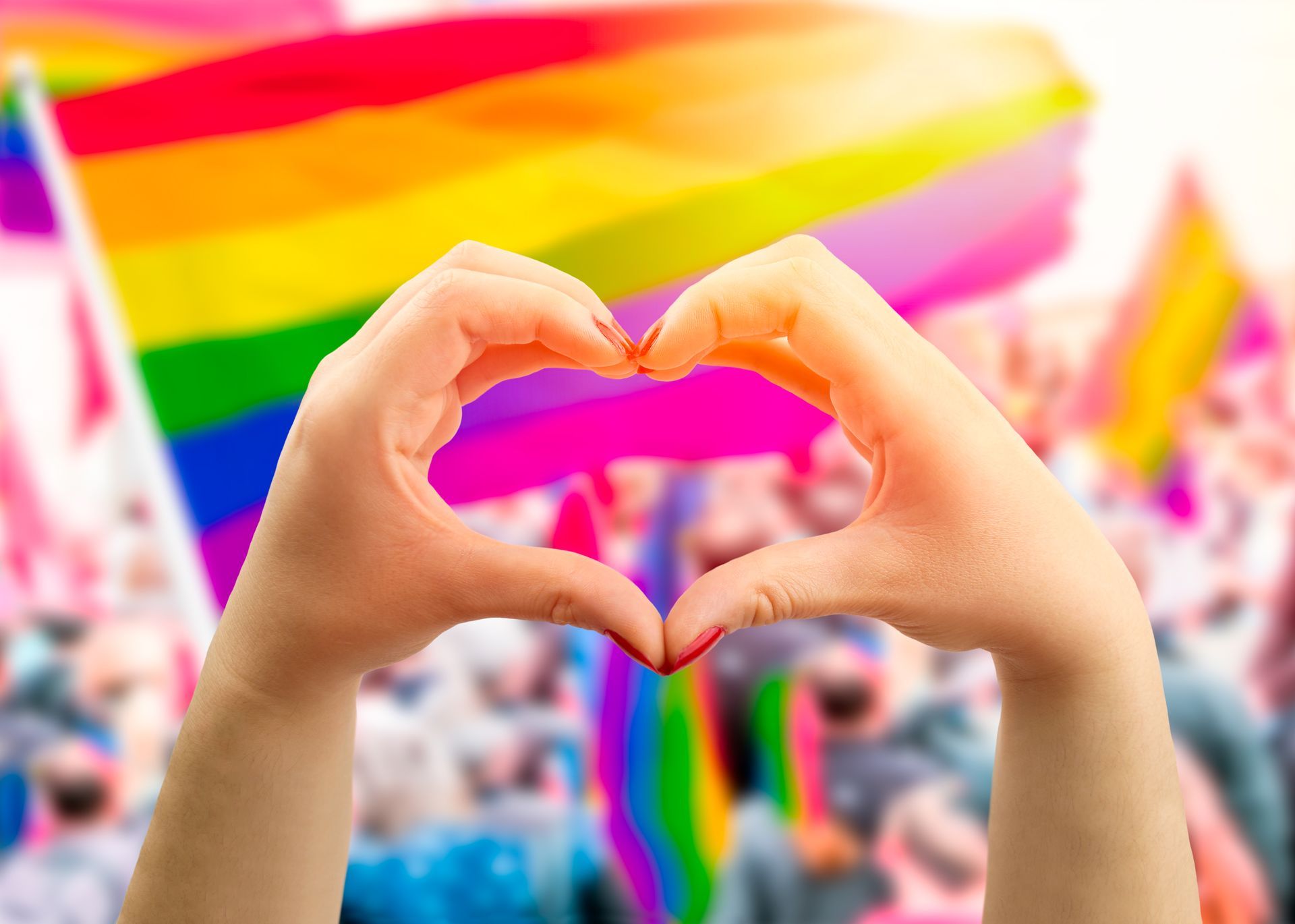
In every generation, Judaism is renewed by the voices who challenge it to become more expansive, more compassionate, and more true to its core values. Rabbi Jillian R. Cameron—leader, educator, and proud member of the LGBTQ+ community—is one of those voices. As the Rabbi of Beth Chayim Chadashim, the world’s first LGBTQ+ synagogue, she brings both deep tradition and radical welcome to her work with queer, interfaith, and intercultural families. For Rabbi Cameron, inclusion is not an accessory to Jewish life—it’s the heart of it.
A Personal Path to Communal Welcome
Rabbi Cameron’s inclusive approach is deeply rooted in her own experience. “I come from an interfaith family,” she shares. “My parents gave me the choice to be involved in Judaism when I was young, and that freedom to choose made all the difference.” It led her not only to embrace Jewish life, but to become a Rabbi committed to opening doors for others who might otherwise feel outside the fold.
“I didn’t just want to be an awesome Jew,” she says with a smile, “I wanted to be a Rabbi who could help people like me find their way into Judaism without as many barriers.”
That spirit of openness has guided her work with diverse couples and families, ensuring that everyone who seeks connection, no matter their background, has a place to belong. “Judaism is joyful and welcoming,” she affirms. “But there are still places where gatekeeping exists. I needed permission to belong, and now I offer that to others.”
Making Space for Celebration, Transformation, and Belonging
At Beth Chayim Chadashim and in communities across the country, Rabbi Cameron has officiated at weddings, baby namings, conversions, and transition rituals—always seeking to reflect both tradition and the full identities of those involved. “Our goal isn’t to abandon Jewish practice, but to reimagine it with integrity,” she explains. “Creating new liturgy for same-sex weddings or gender transitions keeps the tradition alive while making it relevant.”
Even small changes, she notes, can be powerful. “Language matters. I don’t refer to God as ‘He’ or ‘She,’ I also avoid binary phrases like ‘ladies and gentlemen’ or ‘brothers and sisters.’ That kind of precision in how we speak helps people feel seen.”
Her efforts extend beyond ritual and into the visibility of Jewish presence in LGBTQ+ spaces. When she lived in Salem, Massachusetts, she co-founded Tribe for Pride to bring Jewish representation to the local Pride parade. “Marching on Shabbat was controversial for some,” she recalls, “but visibility was more important. People were overjoyed to see Jews proudly represented. It made them feel safe, welcome, at home.”
Sacred Institutions, Everyday Inclusion
From synagogues to cemeteries, Rabbi Cameron believes that Jewish institutions must actively communicate welcome. “Details matter,” she emphasizes. “The language on your forms, your website, even your signage. Those all signal whether someone will feel they belong.”
For queer individuals or those in interfaith families, a form that only lists “husband” and “wife” can be a quiet but powerful exclusion. “Symbolism is important, but it can’t stop there. We have to do the deeper work of making people feel celebrated.”
She also stresses the importance of making Jewish life accessible to people from all backgrounds, especially those who didn’t grow up in the tradition. “Not every Jew knows everything about Judaism, let alone someone exploring it. That’s okay. We can meet them with kindness where they are.”
A Community for the Future
For those in the LGBTQ+ community seeking a spiritual home, Rabbi Cameron has a simple but powerful message: You belong here. “Judaism doesn’t belong to one kind of Jew,” she says. “There are innumerable ways to be Jewish, and people who can help you explore what that means.”
Whether it's the warmth of a Pride parade or the quiet comfort of a naming ceremony, Rabbi Cameron’s work is helping the next generation find a place in the ancient tradition. “I’ve seen lives transformed,” she reflects. “People who thought they didn’t deserve to exist in Jewish space have found belonging. That’s what keeps me doing this work.”
At Hillside Memorial Park and Mortuary, we share this commitment to inclusion. We honor all identities, all kinds of families, and all expressions of Jewish tradition. To learn more about how we serve diverse communities at every stage of life—and legacy—please reach out
on our site or by phone at 1 (800) 576-1994.

